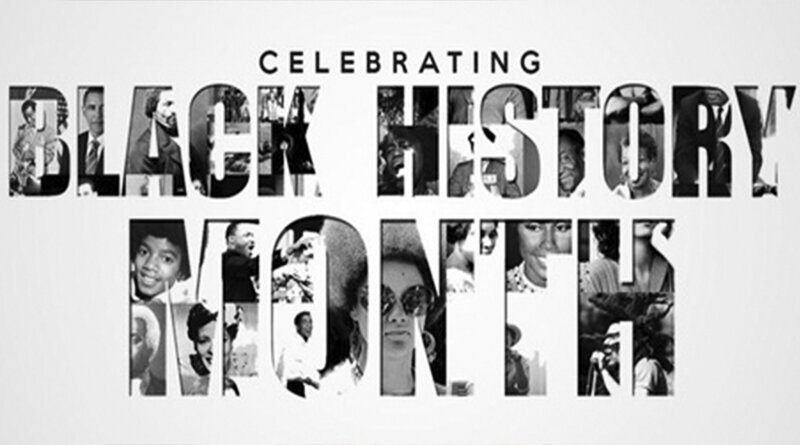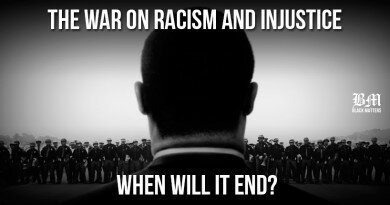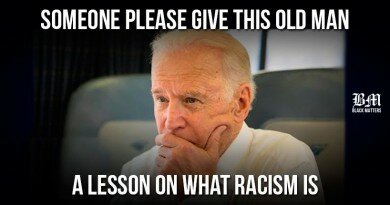Black History Month And Military
We proudly and joyously recognize and celebrate the accomplishments, contributions, and history of African-Americans during Black History Month.
Throughout the United States’ history, men and women of color fought to form and preserve our Union and to promote the ideas of freedom, justice and security. The origin of Black History Month extends as far back as 1915, when Dr. Carter G. Woodson traveled from Chicago to Washington, D.C., in the late summer to participate in a national observance of the 50th anniversary of emancipation sponsored by the state of Illinois.
The origin of Black History Month extends as far back as 1915, when Dr. Carter G. Woodson traveled from Chicago to Washington, D.C., in the late summer to participate in a national observance of the 50th anniversary of emancipation sponsored by the state of Illinois, according to Honoring African-American Service Members magazine.
Woodson was so moved by the event that he and several other intellectuals formed the Association for the Study of Negro Life and History to promote the scientific study of African-American life and history.
When Carter G. Woodson established Negro History week in February 1926, he realized the importance of providing a theme to help focus the attention of the public. The intention has never been to dictate or limit the exploration of the Black experience, but, rather to bring to the public’s attention to important developments that merit emphasis.
What began as a weeklong event was officially expanded into a month-long celebration in 1976 as part of our nation’s Bicentennial celebration. Since 1976, every U.S. president has officially designated the month of February as Black History Month. Other countries around the world, including Canada and the United Kingdom, also devote a month to celebrating Black history.
Credit for the evolving awareness of the true place of Blacks in history can, in large part be bestowed upon. Carter G. Woodson. His brainchild, the Association for the Study of African American Life and History, Inc. is continuing his tradition of disseminating information about Black life, history and culture to the global community. When he founded the Association, he labored under the belief that historical truth would crush falsehoods and usher in a new era of equality, opportunity, and racial democracy, and it has been its charge for a century.
INTEGRATING THE MILITARY
The integration of African-Americans in the armed forces became grave questions for both the military and the Black community during World War II. While segments of Black America demanded integration and full opportunity for its soldiers. War Department officials and politicians insisted that the military would not be used as a “sociological laboratory” for effecting social change.
Although this attitude reflected the overall policies of the War Department, the Army underwent some noteworthy shifts during the war.
African-American soldiers played a significant role in World War II as more than half a million served in Europe. Despite the numbers, they faced racial discrimination: prior to the war the military maintained a racially segregated force. That changed in 1941, when pressure from African- American civil rights leaders convinced the government to set up all-black combat units, as experiments. They were designed to see if African-American soldiers could perform military tasks or the same level as white soldiers.
The patriotism, bravery, and ability exhibited by African- Americans serving in the armed forces was evidence that they could perform with valor under the physical and psychological stresses that affected white and African-American soldiers alike.
The accomplishments of the “Triple Nickels,” the “Red Tail Angels” of the 99th Pursuit Squadron, the brave drivers of the “Red Ball Express” and the “Black Panthers” of the 761st Tank Battalion ensured that U.S. forces prevailed.
If African-Americans can excel on the battlefield, then one could reasonably expect them to do as well or better in this nation’s communities and industries. Despite the many storied accomplishments of African-Americans defending this country’s freedoms abroad, stateside sentiment regarding equal civil rights was still negative.
President Harry S.Truman, who served and retired from the Army Reserve, played a pivotal role in the Civil Rights Movement.
After the end of World War II, Truman placed civil rights high on his political agenda.Truman signed Executive Order 9981 on July 26, 1948, which forbade discriminating against military personnel because of race, color, religion, or national origin.






